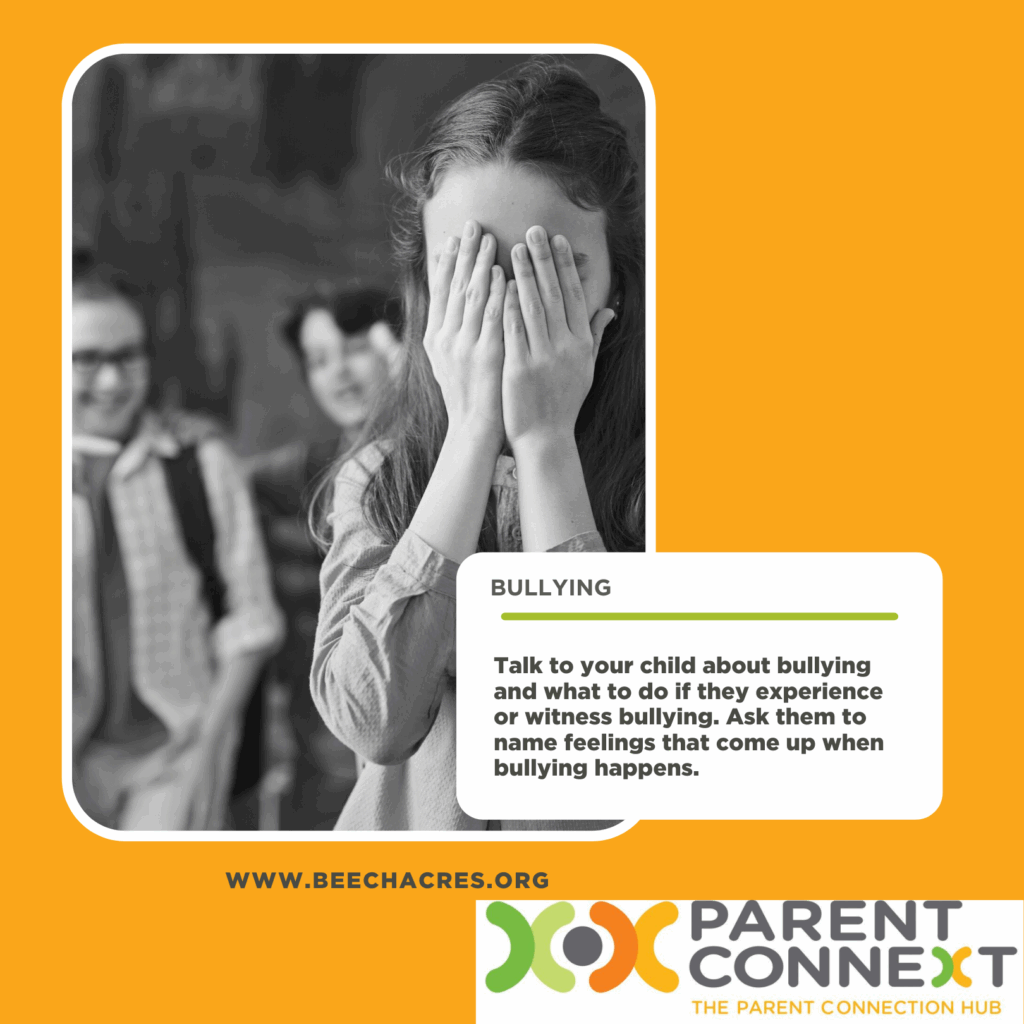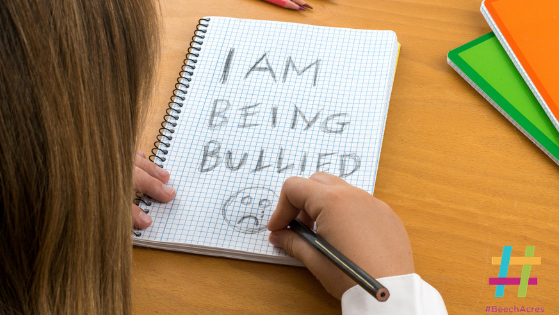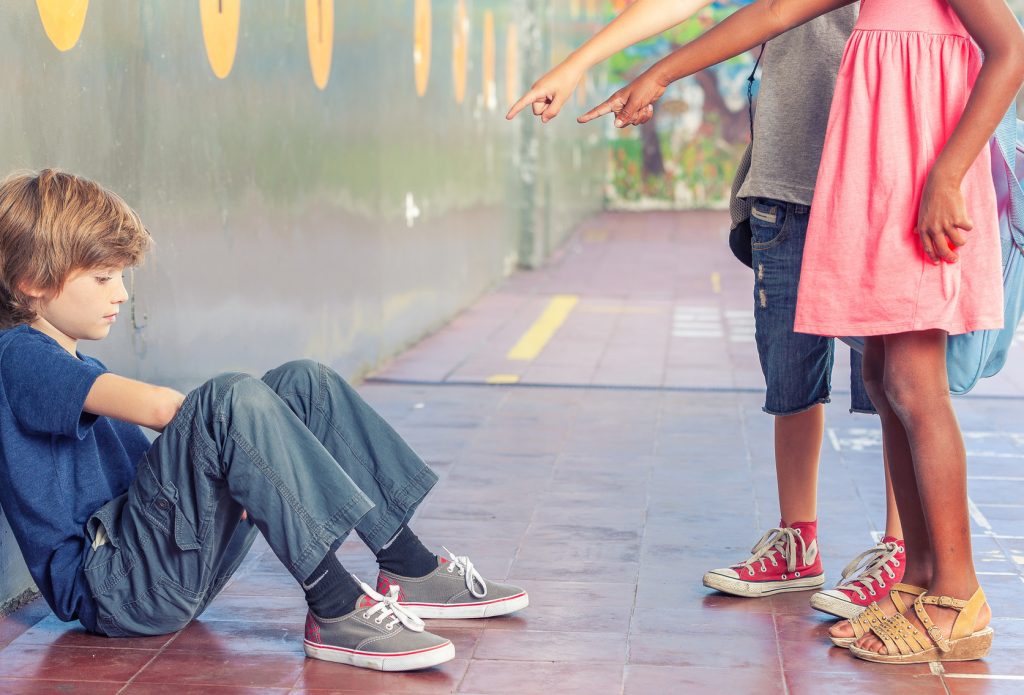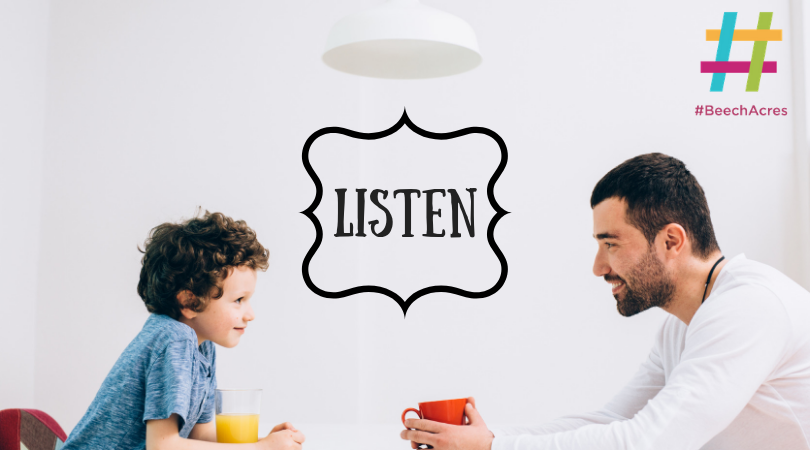Information on Bullying From Parent Connext
Bullying is a Common Parenting Concern Most parents say that one of their greatest fears is that their children will experience BULLYING by their peers. With information and support, parents can take steps to decrease the likelihood of their child being bullied, as well as help their child if they do experience bullying. Bullying is defined as unwanted, aggressive behavior among school-aged children that involves a real or perceived power imbalance. The behavior is repeated, or has the potential to be repeated, over time. – stopbullying.gov Types of Bullying:•Physical – hurting a person’s body or possessions. Includes hitting, kicking, pinching, spitting, tripping, pushing, taking or breaking someone’s things. •Verbal – saying or writing mean things. Includes teasing, name-calling, taunting, or threatening to cause harm. •Social – hurting someone’s reputation or relationships (also called relational bullying). Includes leaving someone out on purpose, telling other children not to be friends with someone, or embarrassing someone publicly. •Cyberbullying – Bullying via the internet and social media. Talk to Your Child Talk to your child about bullying and what to do if they experience or witness bullying. Ask them to name feelings that come up when bullying happens. Develop a Plan Read a book or watch a show or movie together that addresses bullying. Discuss it as a family. Determine how your family will deal with bullying. Talk to your child about what it means to be an Upstander. Role play situations that might happen and try different responses. Encourage Positivity Encourage positive friendships. Arrange play dates & encourage your child to reach out to a friend to get together. Building strong, positive social connections helps prevent bullying and helps build resilience. We’re Here For You! Parent Connext® provides parents with prompt, practical support for a variety of parenting challenges that families face every day. Contact us today.











